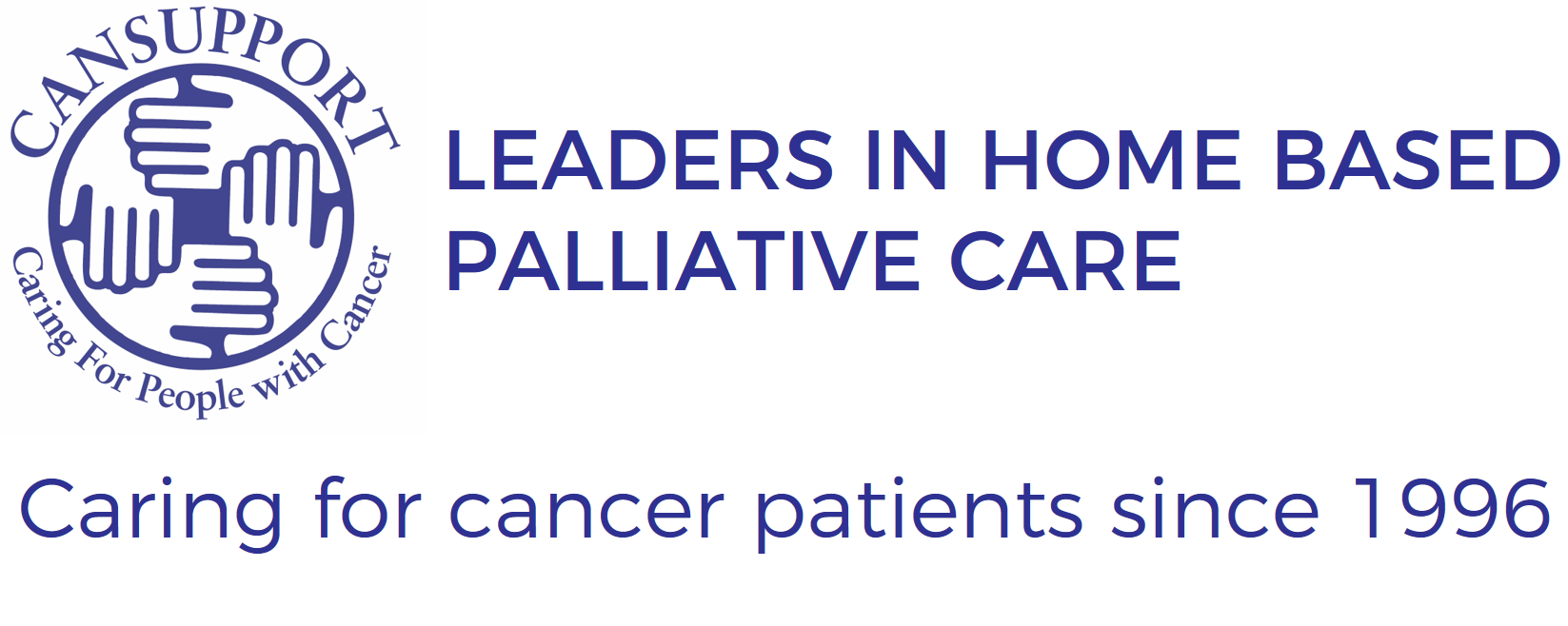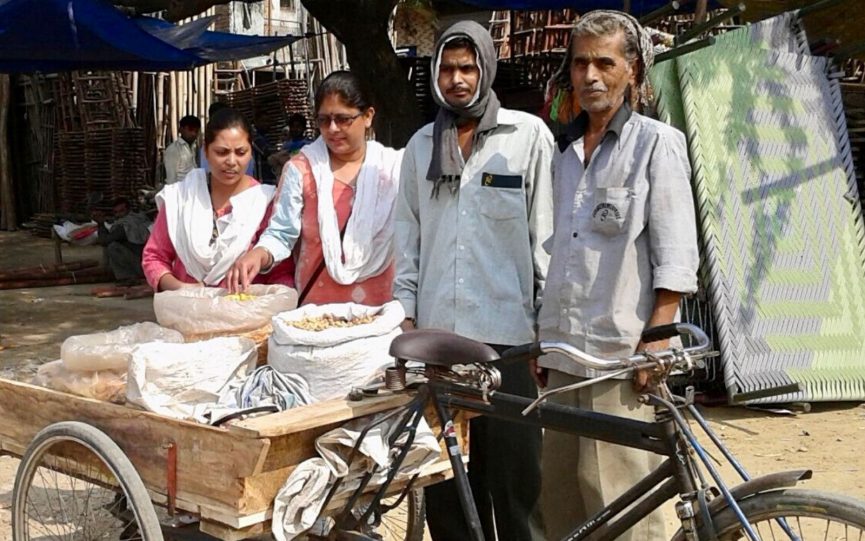An article by Harmala Gupta, Founder and President and IAHPC Board Member. This Article was published in IAHPC Newsletter, April 2020.
“He’s taking us with him,” laments a woman as her husband nears his end in the one room they call home. This is a sentiment echoed by many we look after at CanSupport when the main earner dies and leaves behind a young family.
Cancer is a catastrophic illness for the poor in India. Not only does it deprive them of loved ones, it leaves them in the clutches of creditors as they borrow and beg to pay the costs of treatment. As this is the segment of the population CanSupport focuses on, our job as palliative care professionals becomes more challenging. What responsibility, if any, do we have to these patients while they are alive, and to their caregivers once they die? Our answer has been to start a rehabilitation program for destitute patients and their caregivers.
The program, launched in 2011 by CanSupport, has mobilized resources by reaching out to the lay public and by networking with government, and non-government and private agencies. Initiatives have included:
CanSupport offers women training to become a nursing aide. Photo used with permission.
- Providing dry food rations for three to six months, or until patients and their families find a reliable means of livelihood.
- Facilitating the timely release of widow pension funds, marriage allowances for young women, and other government benefits.
- Educating children in local schools and colleges, and, if necessary, resettling them in orphanages.
- Donating necessary items, such as sewing machines, rickshaws, and pushcarts (for selling tea, groceries, etc.) to help patients and their caregivers start small enterprises near or in their homes.
- Empowering family members by giving them vocational training in partnership with industry and ensuring suitable placement opportunities. Training is generally short term (two to four months) and is for professional skills in demand: electrical work, repair of refrigeration and air conditioning equipment, basic computer skills, cleaning, building maintenance and facility support, clothing design, etc.
- Training caregivers as general duty attendants, home health aides, and laboratory technicians. CanSupport launched its own training program for nursing aides in October 2007 for the widows and daughters of patients. These women had already been sensitized to caring for a loved one and were very willing to undergo training that could lead to a sustainable source of income.
Below is a summary of how many have benefitted from the rehabilitation program since its inception in 2011:
- 836 families have received dry food ration support
- 40 women were given sewing machines
- 52 small enterprises were started
- 128 people have received vocational and skills training
- 63 women have been trained as nursing aides
“Financial pain” cannot be ignored in India; those of us who work in the field of palliative care must engage with it. The majority of our patients and their families face the stark reality of financial pain; it is the context in which we work.
Not only does a rehabilitation program like ours make dying easier for the patient, it also makes living worthwhile for those left behind. A grieving family can once again pick up the threads of their life and make a fresh start.

